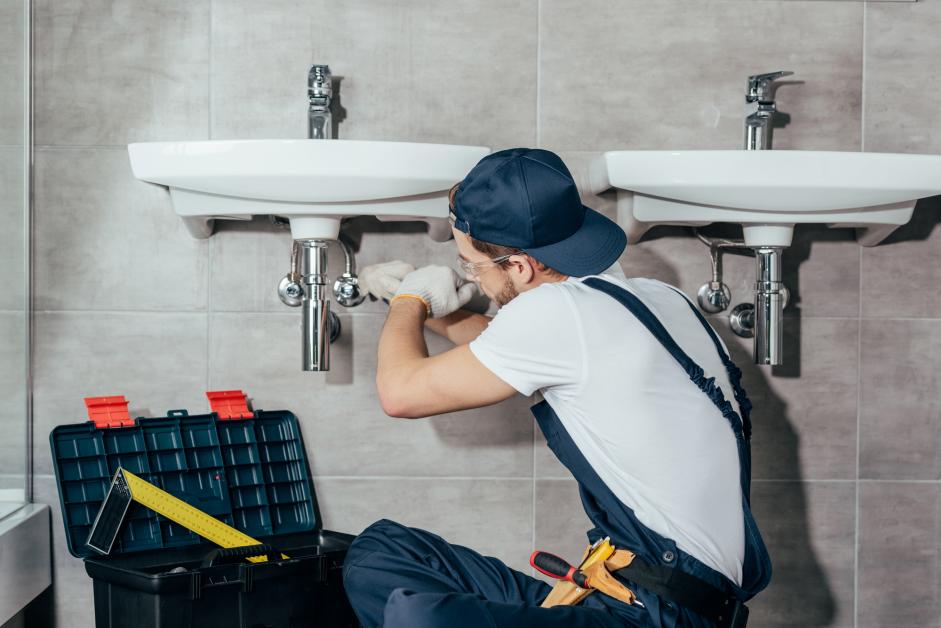4 Commonly Asked Questions About Residential Plumbing
3 min read
Home plumbing systems are less complicated than commercial and industrial plumbing, but have complications of their own. Residential plumbing systems require fewer pipes and outlets, with a lower demand in water consumption and waste management compared to plumbing systems in commercial buildings. The demands in a residential plumbing system are way more less than that of in commercial and industrial plumbing.
Although treated as a less complicated area in the plumbing industry, there are still plenty of issues and plumbing problems in residential homes. Homeowners still have a lot of problems and questions when it comes to the plumbing of their home. Here are 4 of the most inquired about topics in residential plumbing.
Can You Throw Things Down the Garbage Disposal?
Yes, you can throw soft materials down your garbage disposal, but not in your toilet or your drains. Hair, soap, tissues, small toys, bones, and other small solid materials can block your drains and cause clogs. It is advisable to leave your garbage inside the trash can rather than throwing it out of the drain.
Even oil and grease should never be thrown down your garbage disposal and your drains. Keep them in plastic or glass bottles and throw them into the garbage instead. If you continue throwing solid objects into your garbage disposal and drains, you might have to call plumbing services once your drain and disposal starts to back up or stop draining.
Why Does My Drain and Toilet Stink?
Unlike commercial plumbing systems, residential plumbing is more prone to clogs and blockages, thus causing them to stink. When the traps of your plumbing system are dried up, or clogged with foreign material, sewer gas begins to back up to your home, causing your sinks and drains to smell. Compared to commercial plumbing systems that have bigger pipes and bigger traps, residential plumbing can be easily disturbed by a neglected block in the system.
Why Does My Sink Pipes and Cabinets Leak?
Your kitchen sinks and cabinets are exposed to moisture daily. On top of that, changes and heat and weather may cause your pipes to expand and contract, creating cracks as the material of your pipes wear down. Excess moisture on your pipes can also cause rust in your pipes. Rust, plus the expansion and contraction of your pipes may create holes and cracks in the pipes causing them to leak. It would be ideal to have your pipes regularly checked, with insulations replaced from time to time to prevent or to quickly address cracks and leaks on your pipes.
Is Leaking on My Toilet Tank Normal?
Leaks in the toilet tanks are not normal. Any type of leak is not normal and should be resolved immediately. Seals located at the bottom of the toilet should be inspected regularly and should be replaced when needed. If you start seeing water pooling at the base of your toilet, you should have a plumber check and have these seals replaced. Toilet tanks should not be leaking too. If you suddenly observe that your tank is not filling like it used to, there may be a leak present in the tank. Constant drips in your toilet tank can cause damage to your toilet and bathroom. Mould and bacteria accumulation is another issue to worry about when your toilet floorings are regularly exposed to water.
Any type of leak, drip or sound from your plumbing system is an indicator that you may need to have them checked by a professional. Throwing anything to your drain and your disposal is not always a good practice. Although some toiletries are meant to be flushed down the drain, it would be best to avoid foreign objects from entering your plumbing system. Common issues in your plumbing system usually begin when you start throwing things down the drain.







